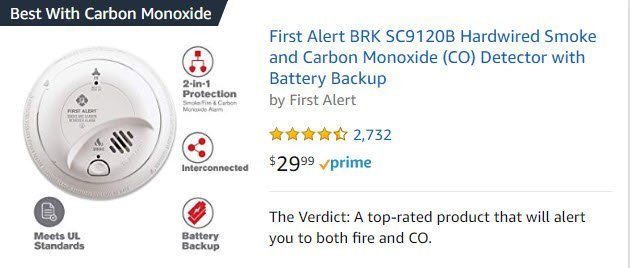Essential Aspects of First Alert Smoke and Carbon Monoxide Alarm Going Off Randomly
Smoke and carbon monoxide alarms are crucial for ensuring safety in homes and workplaces. They alert occupants to potential hazards, allowing them to evacuate and seek help promptly. First Alert is a trusted brand in smoke and carbon monoxide alarm manufacturing. However, users have reported instances where their First Alert alarms have gone off randomly, raising concerns about reliability and safety.
Understanding the essential aspects contributing to this issue is vital for effective troubleshooting and maintaining the safety and functionality of these alarms.
This article will explore the key factors that can cause First Alert smoke and carbon monoxide alarms to go off randomly and provide insights into addressing these issues, ensuring the optimal performance and peace of mind for users.
Electrical Faults and Wiring Issues
Electrical faults or loose wiring connections can cause power surges or fluctuations, leading the alarm to malfunction and trigger false alarms. Ensure proper installation and maintenance of electrical components, including the alarm unit, wiring, and battery connections, to minimize the risk of electrical issues.
Dust and Debris Buildup
Accumulation of dust, dirt, or cobwebs on the alarm's sensors can interfere with its ability to detect smoke or carbon monoxide particles accurately. Regular cleaning and maintenance are essential to prevent false alarms caused by dust buildup.
Battery Issues
Weak or failing batteries can cause the alarm to malfunction and trigger random alarms. Replace batteries regularly, according to the manufacturer's recommendations, to ensure optimal performance and avoid false alarms due to low battery power.
Environmental Factors
Environmental factors such as high humidity, extreme temperatures, or the presence of certain chemicals can affect the alarm's sensors, resulting in false alarms. Consider the environmental conditions where the alarm is installed and take appropriate measures, such as relocating the alarm or installing additional ventilation, to minimize false alarms caused by environmental factors.
Sensitivity Settings
Some alarms have adjustable sensitivity settings to optimize their detection capabilities. Incorrect sensitivity settings can lead to false alarms if the alarm is too sensitive or fail to alert occupants if the alarm is not sensitive enough. Adjust the sensitivity settings according to the manufacturer's guidelines to balance effective detection with minimizing false alarms.
False Positives
In certain cases, environmental conditions or external factors can trigger false positives, where the alarm goes off even though there is no actual smoke or carbon monoxide present. Understanding potential causes of false positives, such as steam from cooking or construction activities, can help in addressing these situations and preventing unnecessary evacuations.
Conclusion
Addressing the essential aspects that contribute to First Alert smoke and carbon monoxide alarms going off randomly is crucial for ensuring the reliability and effectiveness of these life-saving devices. By understanding the causes of false alarms, users can take proactive steps to minimize their occurrence, ensuring the safety and peace of mind provided by these alarms.

My Smoke Detector Goes Off Randomly For No Reason How To Fix First Alert Remote Malfunction

My Smoke Detector Goes Off Randomly For No Reason How To Fix First Alert Remote Malfunction

First Alert Prc700v Battery Powered Slim Smoke Carbon Monoxide Detector With Location And Photoelectric Sensor Target

My Smoke Detector Goes Off Randomly For No Reason How To Fix First Alert Remote Malfunction

Smoke Detectors

First Alert Fa Dc Photo Smoke Co Combo At Com
First Alert Smoke And Carbon Monoxide Alarm 3 Pack Costco

The 4 Best Basic Smoke Alarms Of 2024 Reviews By Wirecutter

What To Do When Smoke Alarm Keeps Beeping

10 Year Battery Combo Alarm Com








